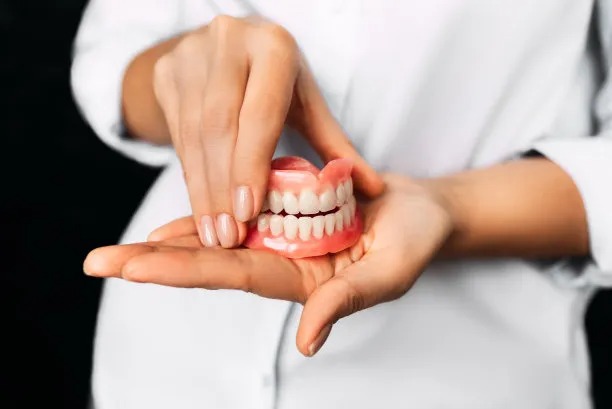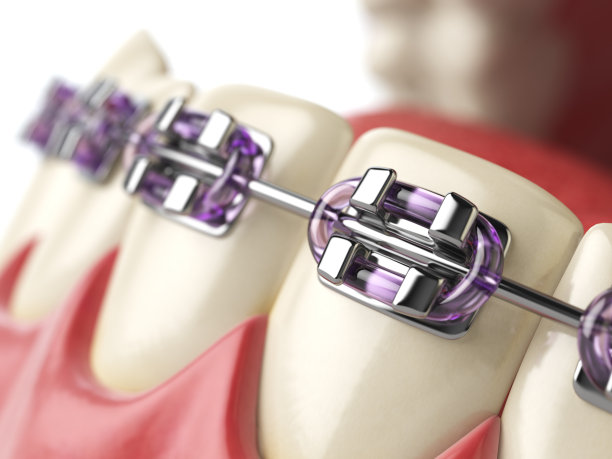Summary: Dental filling procedures are essential for restoring damaged teeth and maintaining oral health. However, its crucial to follow specific safety measures both before and after the procedure to ensure optimal outcomes. This article outlines four key aspects: preparing for the appointment, understanding the procedure, post-filling care, and maintaining long-term dental health. Each aspect emphasizes the importance of communication with your dentist, proper aftercare, and preventive measures to avoid future dental issues. By adhering to these essential safety measures, patients can enhance their overall oral well-being and enjoy the benefits of a healthy smile.
1. Preparing for Your Dental Appointment

The first step in ensuring a successful dental filling procedure is thorough preparation. Confirm your appointment with the dental office a day or two in advance. This allows you to clarify any questions or concerns you may have regarding the procedure, medications, and necessary preparations.
Additionally, it’s essential to provide your dentist with a complete medical history, including allergies and any medications you are currently taking. Disclosing this information helps the dental team tailor the treatment and ensure your safety during the procedure.
Lastly, consider arranging for someone to accompany you to the appointment, especially if you expect to receive sedation. Having a trusted person by your side can enhance your comfort and assist you during the post-procedure stage as well.
2. Understanding the Dental Filling Procedure
Before your filling procedure, it’s beneficial to understand the process itself. Your dentist will begin by numbing the affected area to ensure you feel no pain during the treatment. Common anesthetics used include local numbing agents that make the procedure as comfortable as possible.
After numbing, your dentist will remove any decay from the affected tooth. This part is crucial for preventing further damage and ensuring a long-lasting filling. The type of filling material used will depend on various factors, including the location of the cavity and your personal preferences.
Understanding each step of the procedure can help reduce anxiety and improve your overall experience. Don’t hesitate to ask your dentist for clarifications or explanations about any part of the process, as it’s vital to feel informed and empowered regarding your dental care.
3. Post-Filling Care and Recovery
After your dental filling, following proper aftercare tips is essential for optimal recovery. Initially, avoid eating or drinking until the anesthetic has worn off. This helps prevent accidental biting of your tongue or cheeks and minimizes discomfort.
In the days following the procedure, be mindful of any sensitivity you may experience, especially to hot or cold foods. This sensitivity is usually temporary but should be monitored. If the discomfort persists, contact your dentist for further advice.
Establish a routine of gentle oral hygiene. Brush and floss your teeth regularly, taking care to avoid the filled area for the first couple of days if you experience sensitivity. This ensures your filling remains intact and your oral health is maintained.
4. Maintaining Long-Term Dental Health
To ensure the longevity of your dental filling and optimal oral health, its essential to adopt preventive measures. Regular dental check-ups and cleanings are vital in identifying potential issues before they develop into more significant problems. These appointments help your dentist monitor the condition of your fillings and overall dental health.
Additionally, maintain a balanced diet that supports oral health. Limiting sugary snacks and beverages can significantly decrease the risk of future cavities or fillings. Instead, focus on consuming calcium-rich foods and those high in fiber, which promote good oral health.
Lastly, establish a consistent oral care routine at home. Regular brushing and flossing, supplemented with mouthwash, can prevent plaque buildup and cavities, extending the lifespan of your dental fillings.
Summary:
In conclusion, following essential safety measures before and after dental filling procedures is paramount for optimal oral health. Preparation, understanding the procedure, adhering to post-filling care, and committing to long-term dental health all play crucial roles in enhancing the overall experience and outcomes of dental treatments.
This article is compiled by Vickong Dental and the content is for reference only.
Vickong Dental
Vickong Dental is a large medical group established in Hong Kong in 2008 by professors from well-known medical universities in Guangdong and Hong Kong, as well as medical doctors from key national '985' universities (including Master's supervisors and senior professors). The chain of branches brings together expert dentists with PhDs and Master's degrees from Hong Kong and Mainland China, committed to providing high-quality dental treatment.
"Vickong Dental Practices the University Motto of 'Healing and Serving Society,' with a Stable Operation for Sixteen Years. It Has Been honored with Hong Kong Enterprise Leaders's Choice,' and is a Global Trusted Implant Center for the Nobel Implant System. Recommended by Hong Kong Metro Broadcast and Guangdong Television, it Serves Customers from Over Thirty Countries and Regions, Gaining the Trust and Favor of Citizens from the Guangdong-Hong Kong-Macau Greater Bay Area and Surrounding Cities.

Thousands of customers' unanimous praise
The most recognized and highly recommended dental service by customers in the Guangdong-Hong Kong-Macau Greater Bay Area
We Ensure You Receive Detailed Care and Attention Here
Hong Kong standards, Shenzhen prices, Your Trusted English-speaking dentists

Vickong Dental Medical-Grade Instrument Disinfection Process
Vickong Dental Medical-Grade Instrument Disinfection Process

Vickong Dental Chain: A Warm and Comfortable Environment for Treatment






Appointment Hours

Q&A
Why choose Vickong Dental?
Vickong Dental practices the university motto 「Medicine to Benefit Society」, with each branch bringing together highly qualified dentists with doctoral and master’s degrees from Hong Kong and the Mainland, and has maintained seventeen years of steady operation。Recipient of 「2024 Hong Kong Enterprise Leaders Brand」, 「2025 Hong Kong Enterprise Leaders Brand」, a Nobel Biocare Global Trusted Implant Center, and a brand recommended by Metro Radio Hong Kong and Guangdong TV。
To date, we have served customers from more than thirty countries and regions,earning exceptionally high word-of-mouth recognition and trusted recommendations from residents across the Guangdong-Hong Kong-Macao Greater Bay Area and surrounding cities
We have eight major branches in Zhuhai、Shenzhen,and a consultation and service assurance center in Hong Kong,so you can book a free consultation at any time for any questions,which is very reassuring.
If I do not accept the quotation after the CT scan, will I be charged??
No! As long as the actual treatment has not started, you will not be charged any fees.
Will there be any additional charges during the treatment process?
No, there won’t be any additional charges. Before treatment begins, we will clearly explain the treatment plan and its corresponding fees. Only after the patient agrees and signs the consent form will we proceed with the dental service.
Can I pay in Hong Kong dollars?
Yes. Vickong Dental accepts payment in Hong Kong dollars. The amount will be converted based on the exchange rate of the day, and the applicable rate will be clearly communicated to you in advance.
Can I reschedule my appointment at any time?
Yes. Please contact us via **WeChat** or **WhatsApp** as early as possible, providing your original appointment time and details, along with your preferred new date and time slot for rescheduling.













